Say I have an array of strings of the following format:
"array[5] = 10"
What would be the best solution to parse it in JavaScript?
Ashamedly not being familiar with regular expressions, I can come up only with something like this:
for (i in lines){
var index = lines[i].indexOf("array[");
if (index >= 0) {
var pair = str.substring(index + 6).trim().split('=');
var index = pair[0].trim().substring(0, pair[0].trim().length - 1);
var value = pair[1].trim();
}
}
Is there a more elegant way to parse something like this? If the answer is using regex, would it make the code slower?
